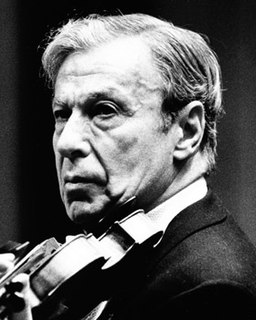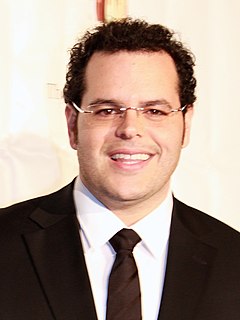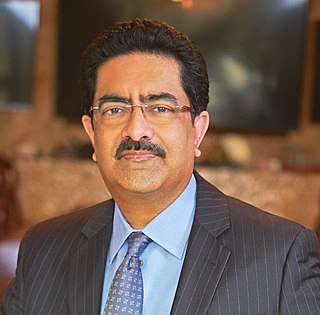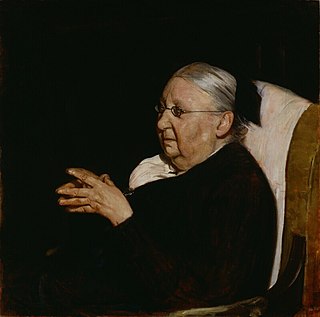A Quote by Ana Castillo
I feel that it's very important for young people to have a sense of history and do research and don't re-invent the wheel and don't think that you're the first martyr to discover social injustice but to take advantage of previous generations of activists and find out what they did and how they resolved things.
Related Quotes
Many activists just see what's wrong: they want to stand up to injustice and educate people about it. But I think it's equally important for activists to hold a more positive vision of what's right with their country: what's going well, and what they'd like to grow or see more of. I also like to encourage activists to take some time each day to sit silently or take a walk in nature as a way to be in touch with their inner wisdom and peace - and to remember why they are on this path in the first place.
In China, your freedom is always limited, but this limitation applies to almost everyone. If someone does injustice to you, though, you have to find a way to avenge yourself - even by illegal measures. In a sense, injustice is more personal. This idea has always been in Chinese history. I think we read about freedom of speech, or lack of freedom of speech, in China so often. But I don't think people here in America think about how justice, or the idea of justice, is so important in a Chinese setting. It's probably more important than freedom of speech in the Chinese mindset at this moment.
It's no use practicing too much. First you have to find out how to do it best. You have to be able to invent ways of doing better. Not only practice; obviously you have to practice. But to invent things how to do better. If somebody doesn't know what invention means, he should stop violin playing! You can't explain everything... Not practicing only: Think how to achieve quality.
Storytelling is a very old human skill that gives us an evolutionary advantage. If you can tell young people how you kill an emu, acted out in song or dance, or that Uncle George was eaten by a croc over there, don't go there to swim, then those young people don't have to find out by trial and error.
I take very seriously the sense of our living these days in a global neighborhood. And the first sensible thing to do in such circumstances, as well as one of the most rewarding things, is to go and meet the neighbors, find out who they are, and what they think and feel. So travel for me is an act of discovery and of responsibility as well a grand adventure and a constant liberation.
When my mom was sick and in the hospital, I did for the first time feel really bad that a lot of men aren't taught how to take care of other people very well. It's not as important of a skill for them as other things, in the same way that I really resent not being given a toolbox when I was younger.
My book, Oral History: Understanding Qualitative Research is about how researchers use this method and how to write up their oral history projects so that audiences can read them. It's important that researchers have many different tools available to study people's lives and the cultures we live in. I think oral history is a most needed and uniquely important strategy.
If you take any flower you please and look it over and turn it about and smell it and feel it and try to find out all its little secrets, not of flower only but of leaf, bud and stem as well, you will discover many wonderful things. This is how you make friends with plants, and very good friends you will find them to the end of our lives.
Another thing is, people lose perspective. It is a cultural trait in America to think in terms of very short time periods. My advice is: learn history. Take responsibility for history. Recognise that sometimes things take a long time to change. If you look at your history in this country, you find that for most rights, people had to struggle. People in this era forget that and quite often think they are entitled, and are weary of struggling over any period of time
Many people in this world do jobs that are dangerous and where their life is at risk and they feel that there is some kind of value to their job I guess that's how I feel about what I do. There is a social function to documentary photography that is very important and it requires people to take risks.






































